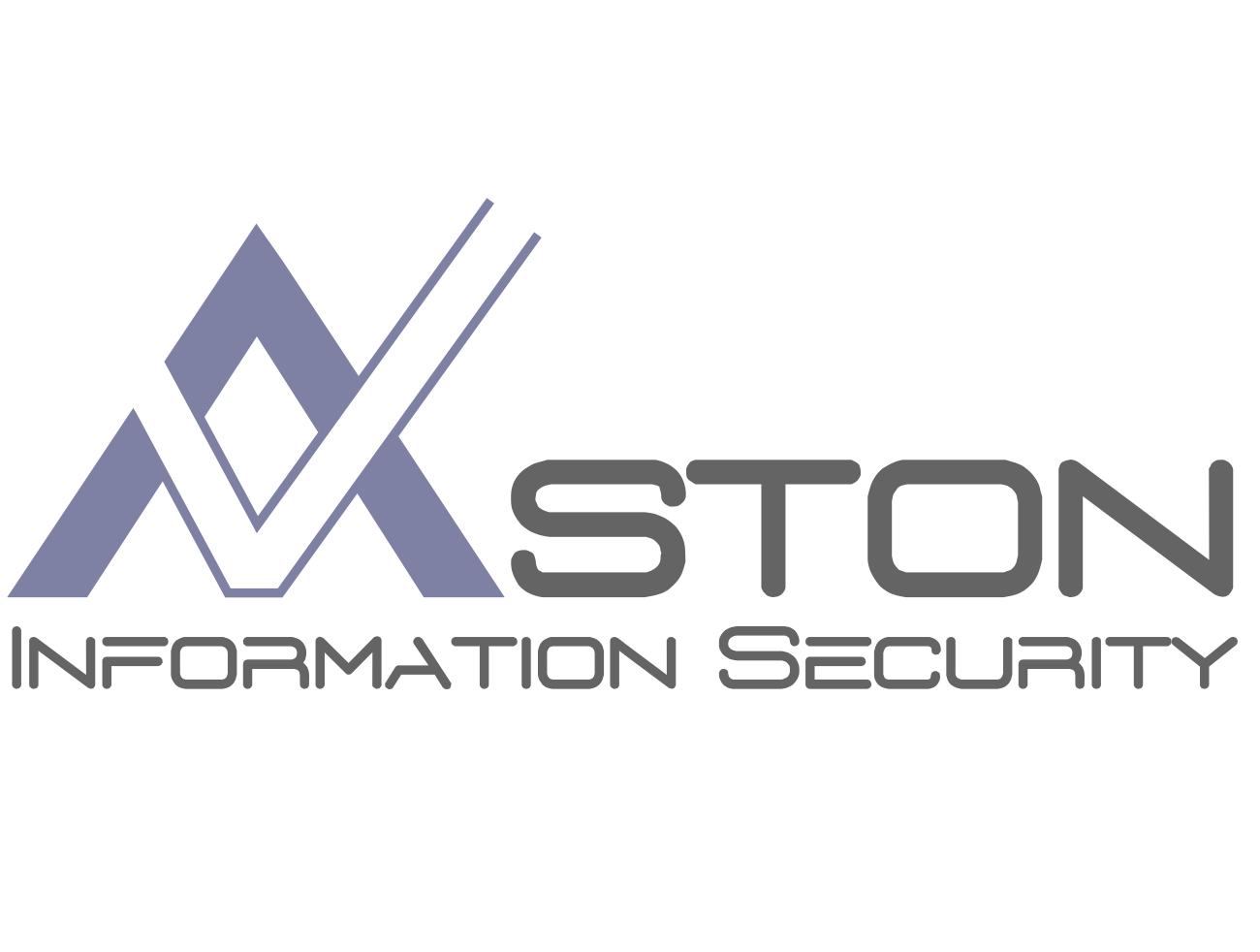
Information is an important resource and customer data an important asset – it must be protected. Organisations, corporate and SME alike, want to know that the information and data they have is kept secure, accurate, accessible when needed, and handled appropriately. Their customers and investors demand information assurance – they want to know data is secure at all costs. Information and communication technology is altering the way the public, private, and third-party supplier sectors deliver services, allowing organisations and individuals to connect in new and more complex ways – however these new ways also open up vulnerabilities for data security.
CISO’s must work to identify the products and procedures needed to achieve Information Assurance and this is most often achieved through information security audits. There are many different types of security audit and one size will not fit all businesses – it needs to be defined based on the goals and objectives of your cyber security strategy.
Here at Aston Information Security, we use the results of our security audits to help customers establish and implement efficient and feasible policies, processes, and organisational practises to manage their information security, which is critical to the effective Governance of their organisation. IT Governance guarantees that IT investments serve the organisation’s business goals by aligning IT and business initiatives. IT Governance, which falls under Governance, Risk Management, and Compliance, also provides a framework for standard practices and safeguards within an organisation (GRC). The UK government mandates a process to ensure that boards understand the risks their organisation is facing and the processes in place to manage those risks.
Types of security audit
Information security audits must be structured to deliver an honest and comprehensive assessment of a company’s data and cyber security status. It is critical that they give a rigorous, quantitative technical review of the firm’s security policies, as well as a fair and measurable method of demonstrating how safe a site and its infrastructure truly are. The most effective data security audits will include, among other things, benchmark evaluations, employee interviews, vulnerability scans, the inspection of operating system settings, network share analysis, and historical data.
Using standards for information security management as the foundation (such as ISO 27001, the international Information Security Management standard and the NIST Cyber Security framework), all aspects of physical and network security – including employees, systems access controls, third party suppliers, systems development and maintenance procedures – should be evaluated.
The audits should also include current legislation and compliance issues such as Data Protection, Computer Misuse, Financial Conduct Authority (FCA), Payment Card Industry Data Security Standard (PCI DSS), etc.
These are the types of information security audit CISO’s and IT Security professionals should consider for their business:
- End-to-end Information Assurance
- Information Governance investment, policies and procedures
- ISO 27002 in preparation for ISO 27001
- NCSC Cyber Assurance Framework (CAF) based on Network and Information Systems (NIS) Directive
- General Data Protection Regulation compliance
- Data Protection Impact Assessments (DPIA)
Contact us if you need help with your data security auditing.




 Aston Information Security are Information Security consultants that specialise in assurance, audits, supply chain cyber security, data protection and risk management consultancy.
Aston Information Security are Information Security consultants that specialise in assurance, audits, supply chain cyber security, data protection and risk management consultancy.